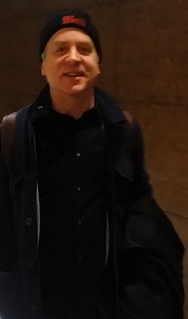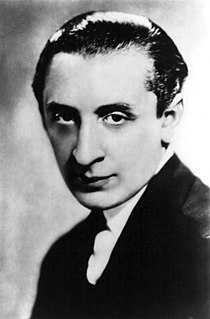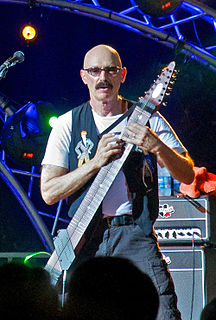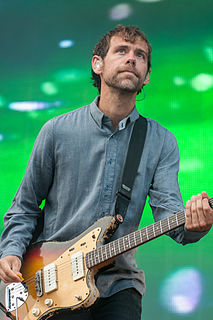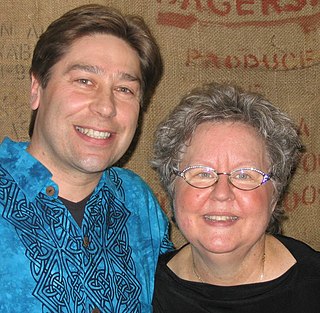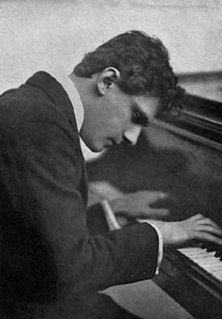A Quote by Jeremy Denk
I'm one of those pianists who tends to ignore every existing recording and lots of traditions about playing pieces when I start.
Related Quotes
The odds against life in the universe are simply astonishing. Yet here we are, not only existing, but talking about existing. What can account for it? Can every one of those many parameters have been perfect by accident? At what point is it fair to admit that science suggests that we cannot be the result of random forces?
Everybody has their own way of remembering and every culture has their traditions. When you compare the similarities and differences to other cultures, you start to learn about them and appreciate them. Whether it's the Japanese or the Africans, they all have ways of conjuring spirits and the support of those who have gone before them.
I have a shoebox: for ideas, fragments, snatches of conversation I hear. I scrawl it down, throw the scraps in the box. Every time I start a new script I start picking through the pieces. Suddenly you get five pieces together and think: this is almost the first Act of a movie, if I flesh it out a bit.
I applied, and I got in as a pianist. Their idea in the music department was that pianists, if they were good enough to get in, they were good enough to learn a new instrument. They felt sorry for pianists being alone in the practice room all the time, and they really wanted to socialize us pianists.
